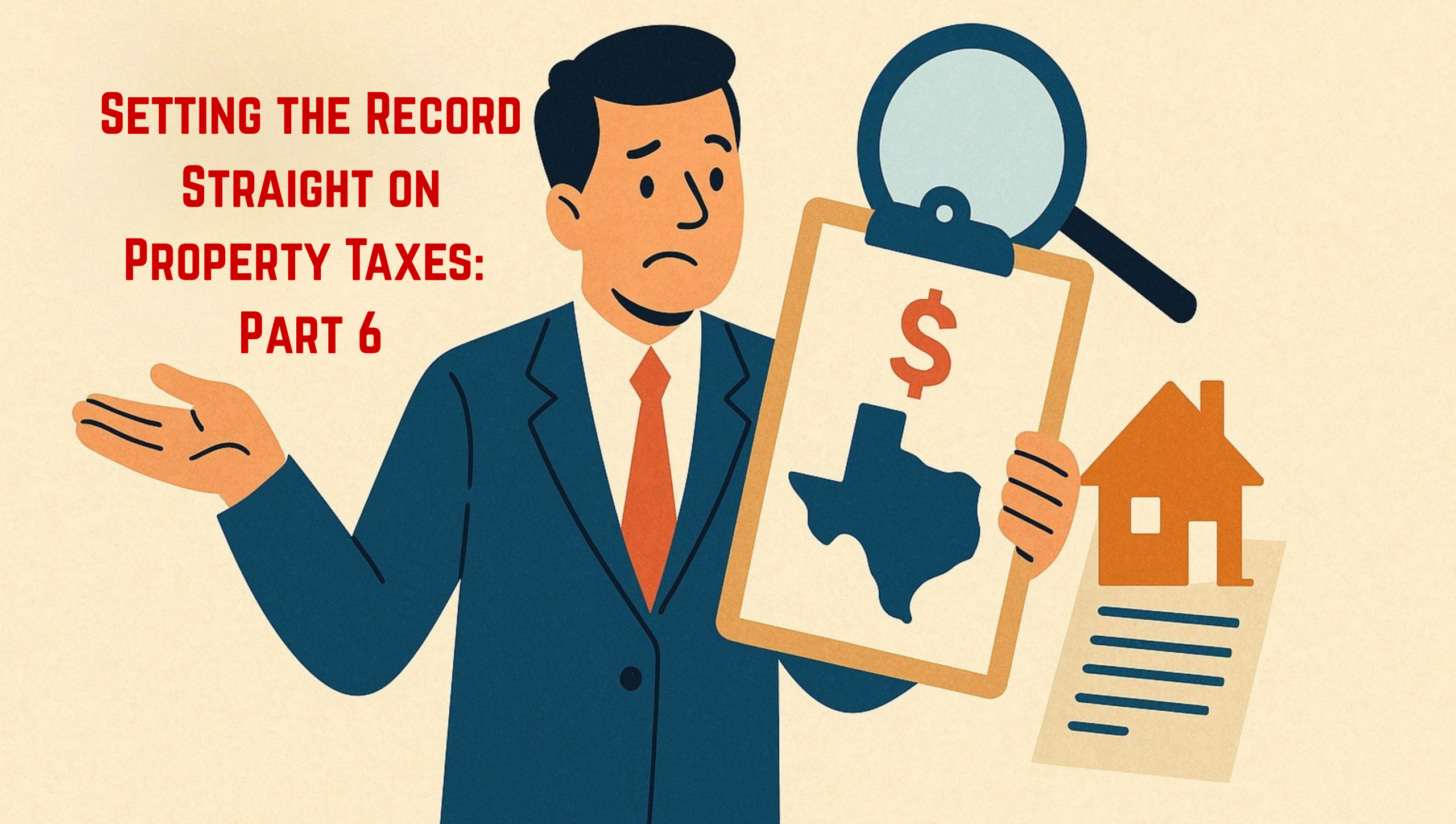Primary Election Day is March 1st, but it also marks the first step in the state party convention process, attending your individual precinct conventions. The majority of these precinct conventions take place after the polls close, although some larger county party delegations have historically held precinct conventions on different dates.
The partisan convention processes are guided by a mixture of statutes found in the Texas Election Code and the individual rules of each political party.
The Overall Process
Those who participate in a party’s primary election have the ability to attend their respective precinct conventions.
At the precinct convention, delegates and alternates are elected to the county or Senatorial District Convention and similarly, of those delegates, an election takes place for delegates to the state convention.
Along the way, those who attend the conventions can submit resolutions for consideration to the addition of the state party platform at the state convention among other official business of the party including the election of the state chairman, state vice-chairman, and national committeeman and committeewoman.
Precinct Conventions
At the precinct conventions, depending on the number of individuals in attendance from each respective precinct, you will select a secretary or someone to record the minutes of the convention, and then individuals who are present will debate the merits of each proposed resolution before passing them on to consideration by the county or senatorial district at their convention. Resolutions can range from simple policy statements to that of detailed explanations in support or opposition to a specific issue.
Those in attendance will also elect delegates and alternates to the county or senatorial district convention which takes place at a time and location separate from that of the precinct conventions.
TFR urges taxpayers to not become disinterested after the primary election season but instead to become even more actively engaged by getting involved in their respective party convention processes, becoming a delegate, and advocating for fiscally responsible policy issues like eliminating the property tax, banning taxpayer-funded lobbying, and restraining government spending.
If interested, you can likely find the dates and times of your respective convention schedule on your local party’s website.
The Series
Party Conventions – Part One: The Work Continues After Primary Elections




